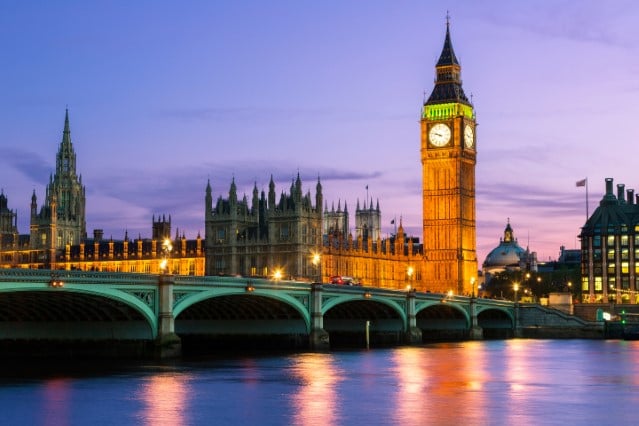1. Summary of the proposed bill
Brazil’s House of Representatives currently discusses Bill No. 11,275/2018, introducing new rules for private cartel damage claims. The proposal aims to update the Brazilian Antitrust Law by encouraging follow-on cartel damage claims in a way that does not jeopardize incentives for settlements and leniency applications with the Brazilian antitrust authority (CADE). The main changes proposed are the following:
- Double damages liability for cartel participants, except for companies that apply for leniency or execute settlement agreements with CADE, which would be subject to single damages; and
- Statute of limitation period of five years starting with CADE’s final decision in the antitrust proceedings.
2. Current situation and the proposed changes
Cartel damages actions are already possible under the current Brazilian Antitrust Law regime (Law 12,529/11) and some companies have already filed cartel damages actions in Brazil. However, such actions are still quite rare in Brazil.
The claims for damages may include not just the compensation (including loss of profit and interest) but also civil sanctions (moral damages).The average length of first instance proceedings ranges from two to four years.
Cartel damages claims can be filed individually or collectively in the form of a stand-alone or a follow-on action[1] or a “class action” (such as public civil and collective lawsuits as well as “popular lawsuits”[2]). To substantiate the cartel damage before court, the claimant usually relies on expert opinion by economists, which usually drives litigation costs. This is because courts are relatively strict with respect to the burden of proof (which is on the claimant) and require not only that the claimant proves to have been affected by the cartel but also the actual damage suffered. Furthermore, the claimant must also prove the existence of a cartel – regardless of CADE’s final decision.
Another obstacle to the filing of a private cartel damages claim concerns the applicable limitation period. The case law has not developed a reliable standard in this regard. According to the best interpretation of the Law, the period is three years, based on the Brazilian Civil Code[3] and starts on the date on which the cause of action is discovered, but it is controversial when exactly that is.
In view of that, the proposed bill mentioned above intends to significantly increase incentives for civil lawsuits, since there would be a prospect for double damages and an extension of the limitation period (time and trigger).
This article was contributed by Trench Rossi Watanabe, a Brazilian firm. Trench Rossi Watanabe and Baker McKenzie have executed a strategic cooperation agreement for consulting on foreign law.
[1] Please note that until 2018, 55 cartel stand-alone and 37 cartel follow-on damage claims had been filed before Federal Courts.
[2] Filed by individuals with the specific claim for damages against public entities.
[3] And five years for class action brought by public prosecutor or duly organized association, and other entities determined by law.





